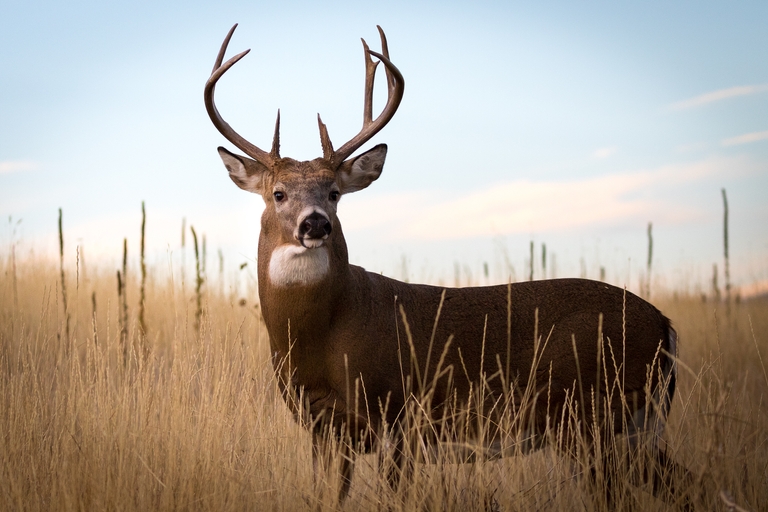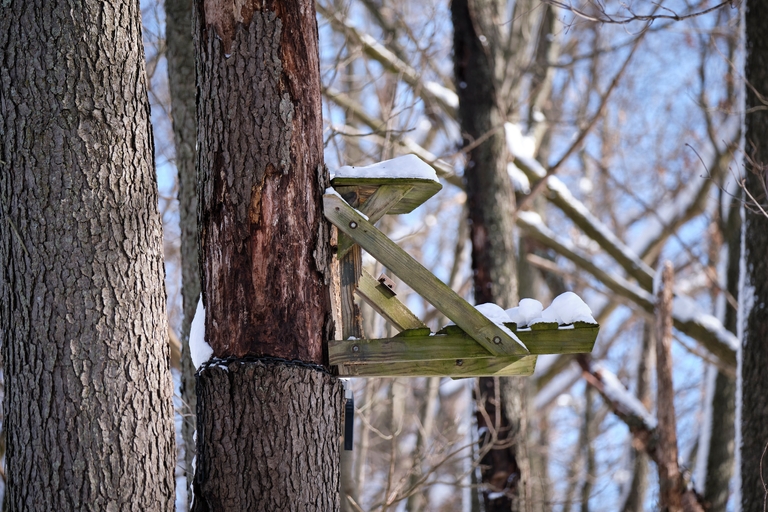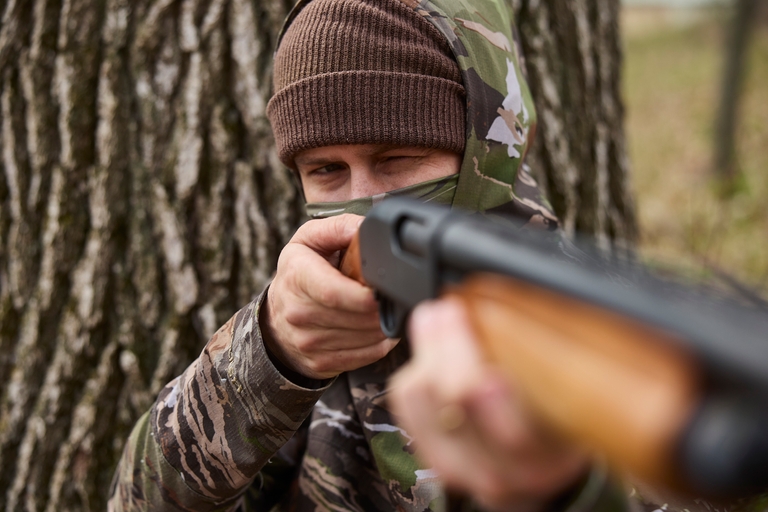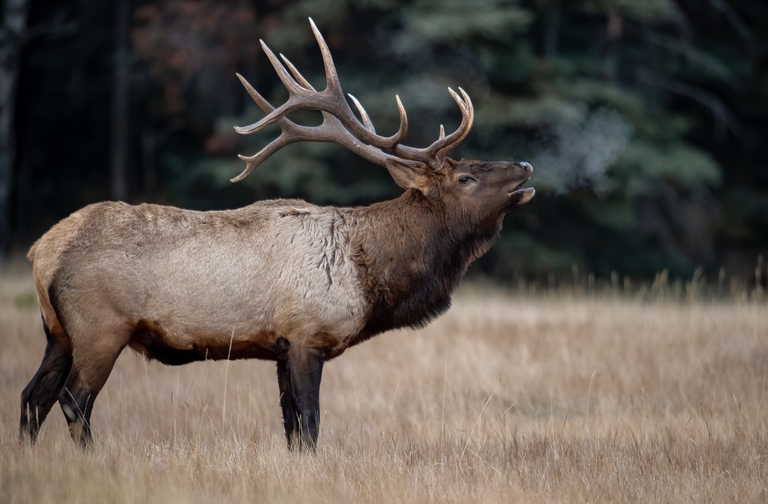Winter is Coming: How to Prevent Hypothermia
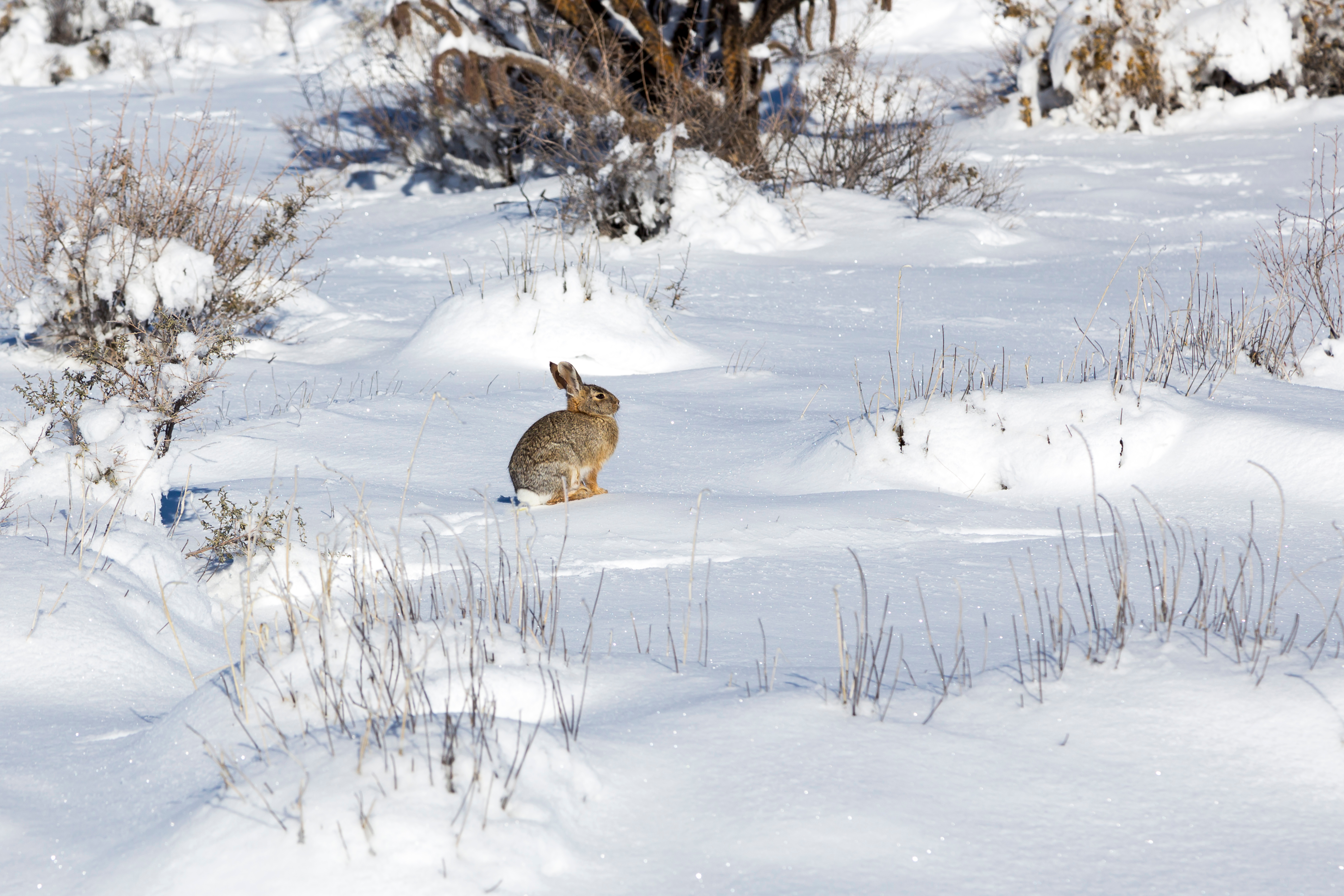
Some of the best hunting happens during winter weather, but cold temperatures also increase the risks to hunters. A good hunter is prepared for extreme weather and knows how to prevent dangers like hypothermia.
What should you know before a hunt for blizzard bucks or other game in the winter (or if you plan to hunt in cold climates like Alaska)? We hope the insights below help you stay warm while bringing home your prize this winter!
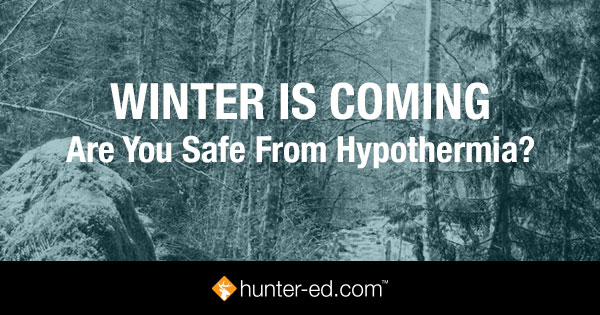
Why Hunt in the Cold?
Many hunters pack it in for the season when the temperatures get too low, and the weather conditions become too frigid. Sleet, ice, snow, and extreme cold can be unforgiving conditions to set up and wait for your trophy to cross your path.
However, sometimes waiting for a late-season hunt (or adding a late-season outing) can help you tag out and add more wild game to your freezer before the season ends.
No matter when you plan to hunt and the weather conditions while you're out in the field, it's crucial to plan for the weather!
What Is Hypothermia?
Hypothermia happens when your body loses heat faster than it can produce it, causing your core body temperature to drop. You're at risk for hypothermia in cold, wet conditions, but it can occur at warmer temperatures than you'd expect – as high as 50℉!
Even if there is no precipitation, moisture from your sweat, humidity, or dew can soak into your clothing, chilling your body in cool air. Wet clothing draws heat out of your body more quickly than cold air alone, and wind evaporates the moisture and lowers your body temperature.
You may not even be safe even when you're in a shelter. Sitting or resting against a cold surface can also draw heat out of your body.
Hypothermia Symptoms
It all adds up to your body being too cold. When that happens, you develop hypothermia.
Hypothermia symptoms include:
- Uncontrolled shivering
- Slow, slurred speech
- Memory loss
- Irrational behavior (such as removing clothing)
- Lack of body movement
- Sleeplessness
- Unconsciousness
Even if you're close on the tail of the game you're after, if you experience any of these hypothermia symptoms, it's crucial to stop your hunt and get out of the cold.
How To Prevent Hypothermia When Hunting
Preparation is the key to preventing hypothermia in the field.
Here are a few tips!
- Dress appropriately in warm layers and avoid cotton, which retains moisture.
- Wear water-repelling outer clothing. Bring rain gear and avoid going out in dangerous weather conditions.
- Dry out as quickly as possible when you do get wet.
- Bring high-calorie foods (such as chocolate or peanuts) as a snack. These foods help your body get quick energy to produce warmth.
- Bring emergency supplies, including a thermal foil blanket and something to create a shelter, such as a nylon tarp.
Preparation can be the key to staying warm enough to finish your hunt and bring home more game for your freezer. However, even with the best preparation, the winter weather can still win.
Make sure you have a plan to cut your hunt short and get to a warm place if the elements become too much for your gear and clothing to keep you warm. Always know where you are, and share where you're hunting with someone who can get help if the weather becomes worse or you don't return home on time.
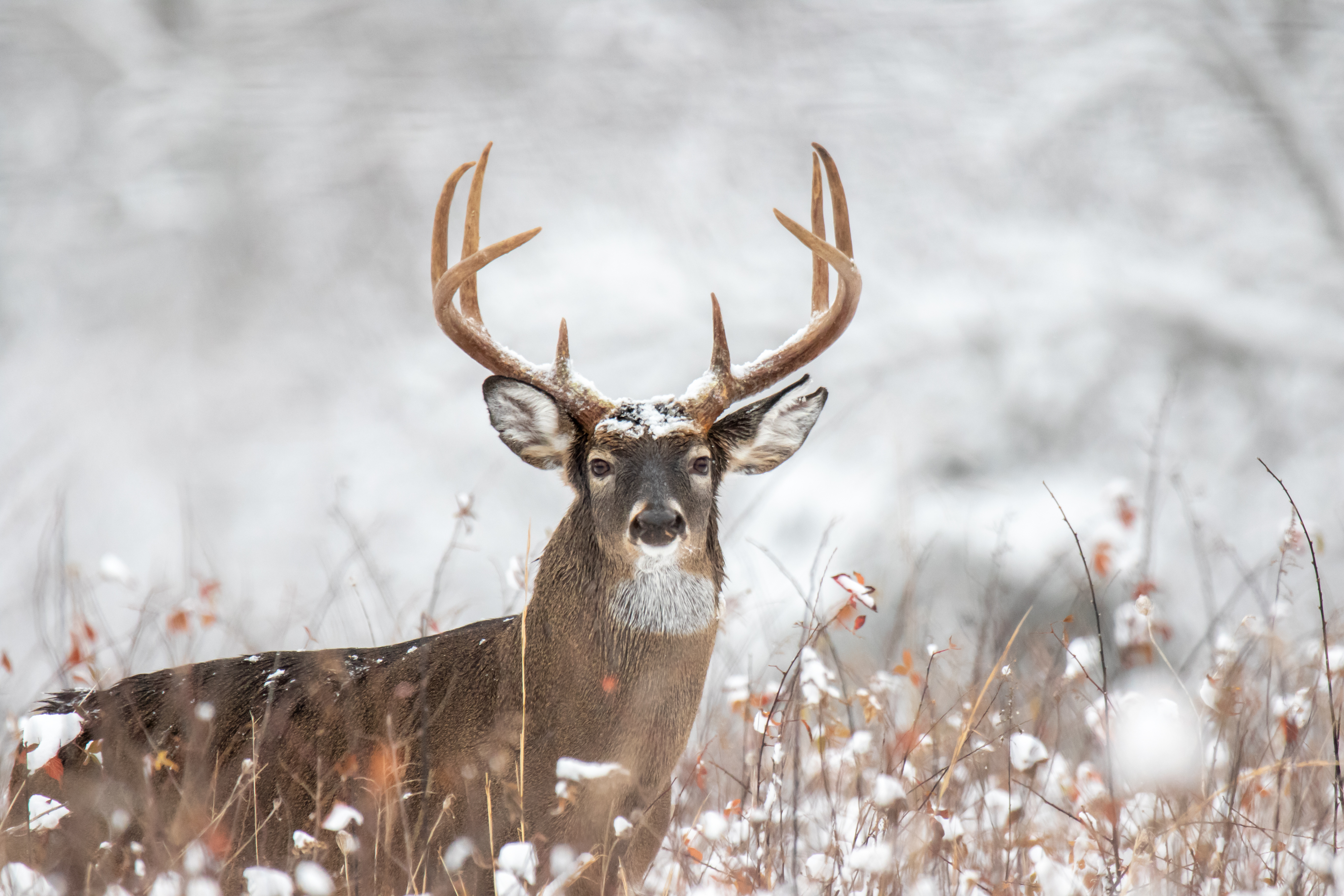
Learn More About Extreme Weather Survival With Hunter Education
While winter could be some of the most extreme conditions for your hunt, it's not the only weather you might contend with, depending on when and what you hunt. Heat and heat exhaustion can be just as dangerous for hunters when in the field at warmer times of year.
A hunter education course can prepare you to deal with different weather conditions for any season so you return safely from your hunt every time. Hunter-Ed provides online, state-approved hunter safety courses that cover coping with extreme weather and more safety essentials.
Prepare for the weather before the season opens. Find the course for your state and start learning.
Winter is coming. Stay warm, and stay safe!
Originally published December 4, 2015. Content updated December 7, 2023.

